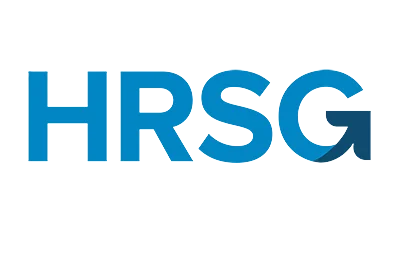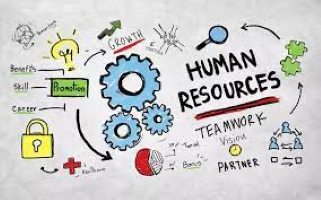HR superheroes, fasten your seatbelts! The future workload is an unpredictable highway; the fast-speed rollercoaster of technology(automation), mixed models (onsite and remote), and employee demands seem to change with every sunrise, which forces a change in the HR services. To deal with this volatile terrain, HR experts should accept these seven key trends that will shape the future of their industry.
1. Redefining “Work” in the Age of Automation and Hybrid Models:
Gone are the days of determinate job descriptions and rigorous 9-to-5 timetables. The technology converts traditional roles, while the onsite and remote work structures obscure the stripes between the office and home. HR must adjust to this new fact by constructing adjustable work standards, promoting skills growth for the changing job market demand, and encouraging a culture of lifelong wisdom.
2. Humanizing Technology: AI as Collaborator, not Competitor:
Artificial intelligence (AI) is not starting to rob employment but to boost human capabilities. From automating repetitive assignments to delivering data-driven wisdom, AI can empower HR specialists to concentrate on strategic endeavors and create more powerful employee connections. The legend is to leverage AI ethically and responsibly, providing that human determination and tenderness stay at the core of HR decision-making.
3. Prioritizing Well-being Beyond Benefits: From Healthcare to Financial Fitness and Mental Health Support:
Staff well-being is more than just about providing health insurance. Today’s HR experts must take a holistic strategy, managing monetary stress, enabling mind health awareness, and developing a corroborating work environment. This could involve showing financial literacy programs, delivering credentials to mental health help, and nurturing a culture of open touch about well-being challenges.
4. Upskilling the Workforce for a Rapidly Changing Future:
The skills needed to succeed in the workplace are constantly evolving. HR must play a central role in identifying future skill gaps and equipping employees with the training and development opportunities they need to adapt and thrive. This could involve creating personalized learning plans, partnering with external training providers, and fostering a culture of continuous learning within the organization.
5. Diversity, Equity, and Inclusion: More Than a Checkbox – Building a Truly Inclusive Culture:
Creating a diverse, equitable, and inclusive workplace is not just a moral imperative; it’s also Building a diverse, unbiased, and inclusive workspace is not just an ethical imperative; it’s also a wise business determination. Analyses show that inclusive workplaces are more effective, creative, and fortunate. HR must go further in unconscious discrimination and concentrate on systemic transformation, creating a culture where everyone is valued, appreciated, and delegated to attain their complete prospect.
6. Data-Driven Decisions: Turning Metrics into Meaningful Action for Talent Management:
HR is rampant in data, from routine metrics to staff engagement surveys. The challenge lies in shifting this data into actionable wisdom to enhance talent management approaches. An HR service provider must acquire data research skills, companion with data scientists, and execute systems that allow them to decode data into significant activities that navigate favourable modification.
7. Leadership Reimagined: Fostering Empathy, Connection, and Psychological Safety in the Hybrid Workplace:
Adequate supervision in the hybrid workplace needs a unique set of skills. Supervisors must create confidence and relationships with their teams remotely, promote compassion and experience, and create a psychologically secure atmosphere where workers feel relaxed chatting and taking risks. Leaders must be genuine, vulnerable, and ready to learn and adjust.
Final Remarks
By adopting these seven trends, HR professionals can drive beyond managerial tasks and become strategic allies in shaping the future of their institutions. The future of HR is not around paperwork and submission; it’s about creating a prosperous workforce in a rapidly transforming world. By concentrating on human well-being, constant learning, and data-driven decision-making, HR can create a work atmosphere where everyone is valued, entrusted, and qualified to succeed.






